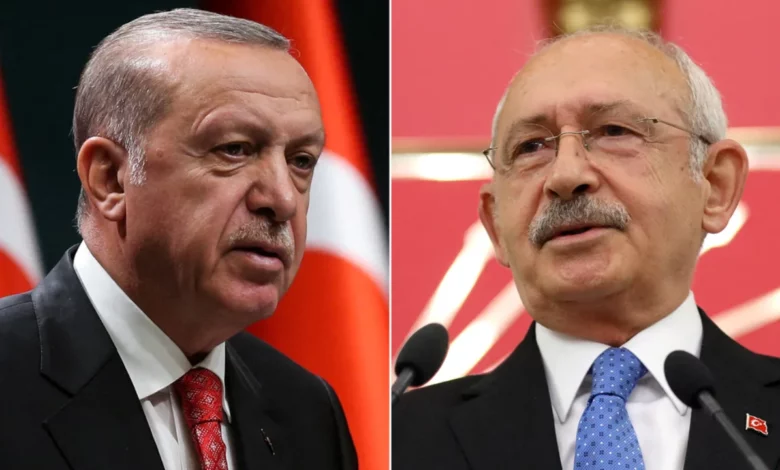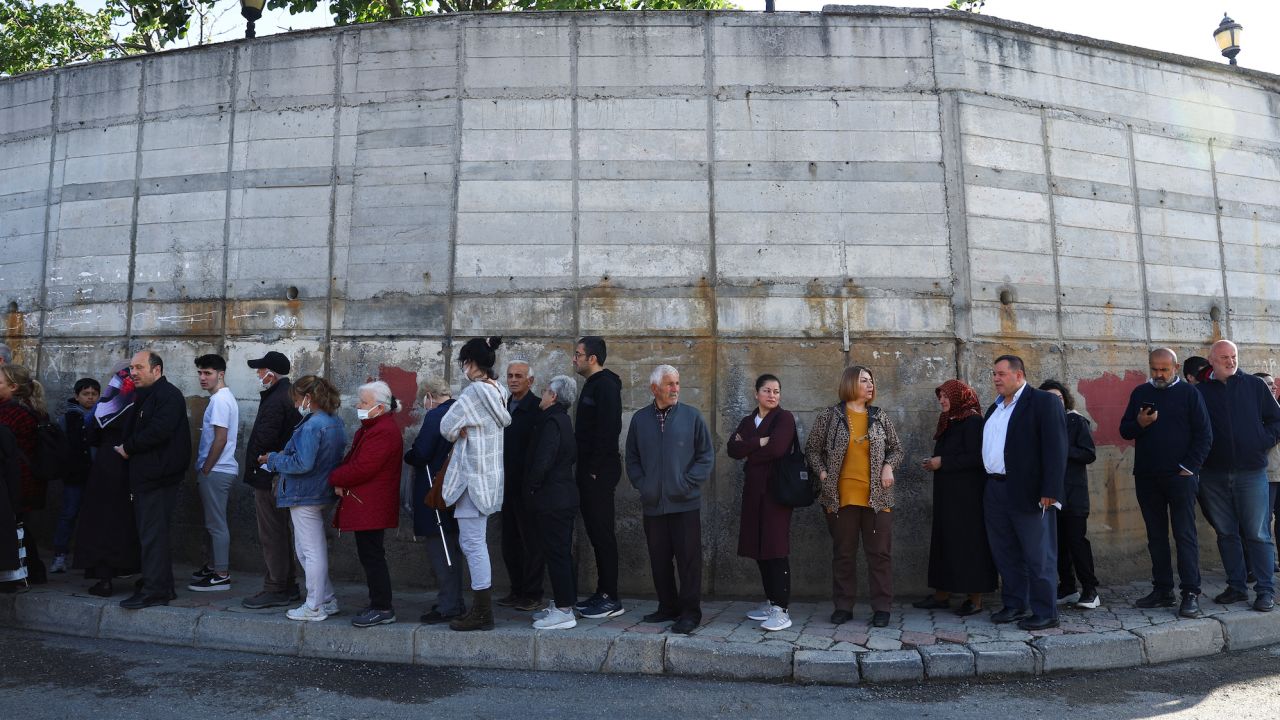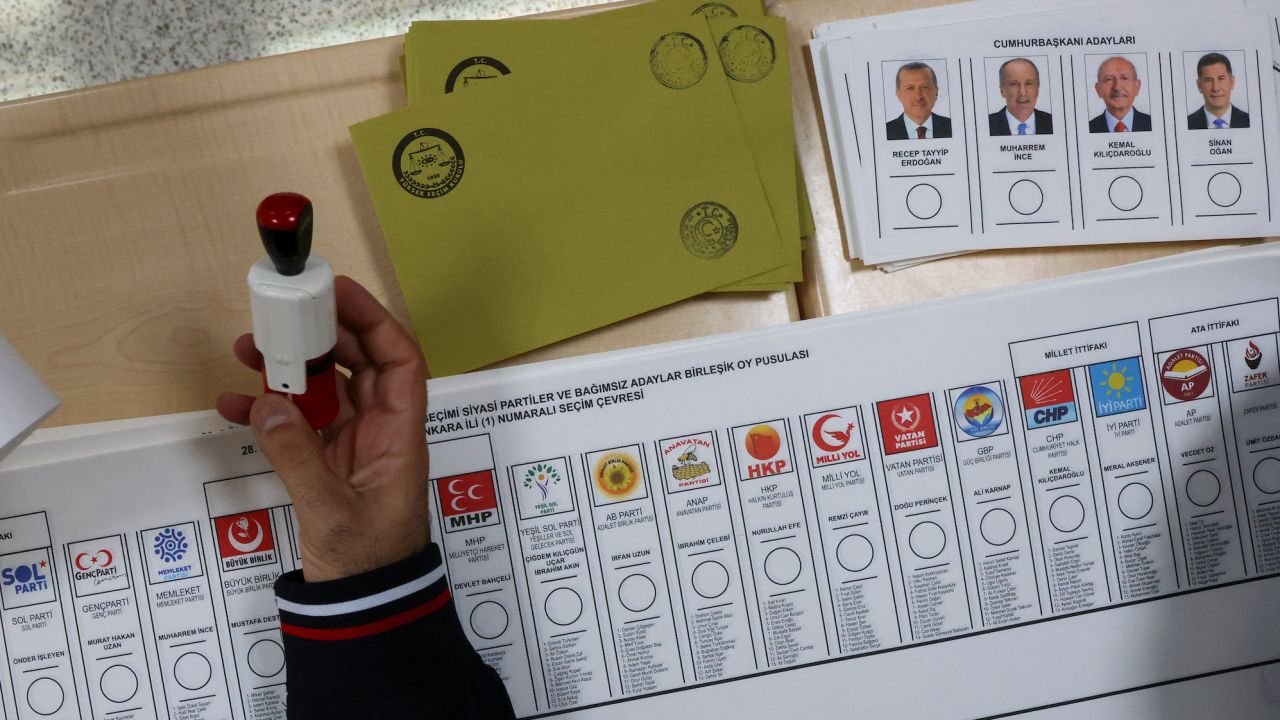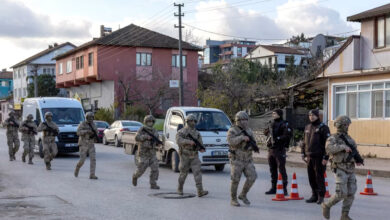
Polls have opened in Turkey’s fiercely fought presidential and parliamentary elections that could bring an end to Turkish President Recep Tayyip Erdogan’s 20-year rule.
Sunday’s race poses the biggest challenge yet to Turkey’s strongman leader. He faces economic headwinds and criticism that the impact of the devastating February 6 earthquake was made worse by lax building controls and a shambolic rescue effort.
His main opponent is CHP leader Kemal Kılıçdaroğlu, who represents an election coalition of six opposition parties. For the first time, Turkey’s factious opposition has coalesced around a single candidate.
A candidate must win over 50% of the vote on Sunday night in order to be elected. Otherwise Turkey will head to a run-off on May 28.
Kılıçdaroğlu, a mild mannered 74-year-old former bureaucrat, has promised to fix Turkey’s faltering economy and restore democratic institutions compromised by a slide to authoritarianism during Erdogan’s tenure.
Erdogan has been extolling the virtues of his long rule, campaigning on a platform of stability, independent foreign policy and continuing to bolster Turkey’s defense industry. Recently, he raised the wages of government workers by 45% and lowered the retirement age.

Over the last two years, Turkey’s currency has plummeted and prices have ballooned, prompting a cost of living crisis that has chipped away at Erdogan’s conservative, working class support base.
When a vicious earthquake on February 6 laid waste to large parts of southeast Turkey, Erdogan’s battled political aftershocks. His critics chastized him for a botched rescue effort and lax building controls that his ruling Justice and Development (AK) party presided over for two decades.

In the weeks after the quake, the government rounded up dozens of contractors, construction inspectors and project managers for violating building rules. Critics dismissed the move as scapegoating.
The government has also apologized for “mistakes” that were made in the immediate aftermath of the disaster.
The quake claimed over 51,000 lives in Turkey and neighboring Syrian. Thousands are still unaccounted for, with unmarked graves peppering the southeastern Turkish countryside.
On Thursday, Kılıçdaroğlu was boosted further by the late withdrawal from the race of a minor candidate, Muharrem Ince. Ince had low polling numbers but some opposition figures feared he would split the anti-Erdogan vote.
Turkey holds elections every five years. More than 1.8 million voters living abroad already cast their votes on April 17, Turkish newspaper Daily Sabah reported Wednesday, citing the country’s deputy foreign minister. Over 65 million Turks are eligible to vote.
The Supreme Election Council (YSK) chief Ahmet Yener said last month that at least 1 million voters in quake-stricken zones are expected not to vote this year amid displacement.




